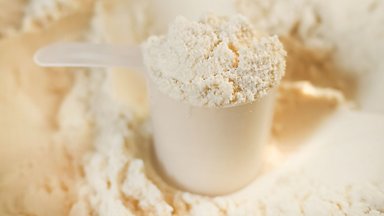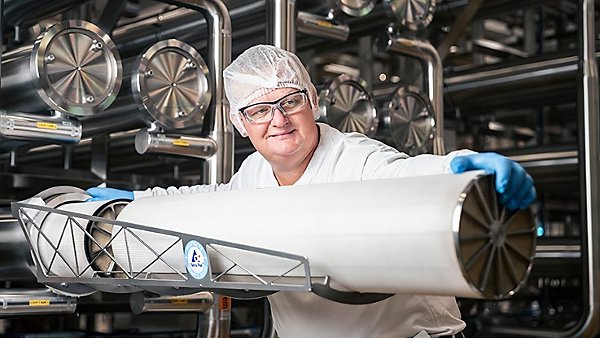Membrane filtration solutions for dairy, plant-based and alternative ingredient products
Membrane filtration supports efficient production of milk- and whey-based foods and beverages as well as high-value nutrients for infants, sports people, and seniors. It is also used to concentrate plant-based proteins, to purify alternative proteins – and for process water recovery and reuse.
Whether you’ve worked with membrane filtration for some time or are new to the field, we’re here to help you learn more about this high-yield technology.

Enhance Production with Membrane Filtration
Are you innovating in food and beverage creation or focusing on product quality and production flexibility? Membrane filtration is the key.
Facing challenges like rapid product launches, quality maintenance, operational efficiency, and sustainable production for revenue growth, we understand your complexities.
Explore our engineered filtration solutions for both line and stand-alone applications, ensuring increased yield and maximum uptime.
Membrane filtration processes
Within the dairy industry, four different membrane filtration processes are used: microfiltration (MF), ultrafiltration (UF), nanofiltration (NF), and reverse osmosis (RO). The figure illustrates which milk and whey components can be concentrated by means of each process, depending on the density of the membrane.
Discover how spiral-wound membranes work
Ever wondered how advanced spiral-wound membranes work? Watch this two-minute video and learn more about the process.
To further deepen your knowledge of spiral-wound membrane filtration, see our video on high-protein dairy products further down this page.




















